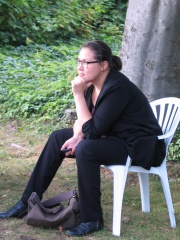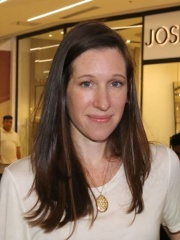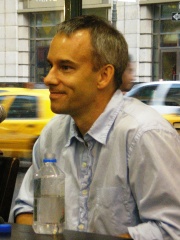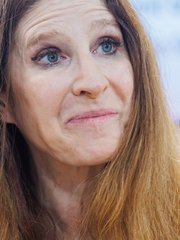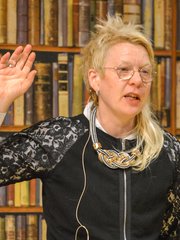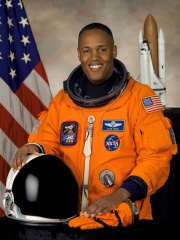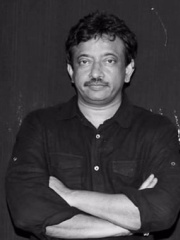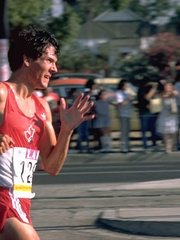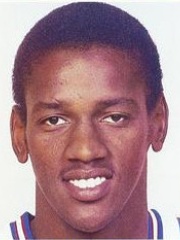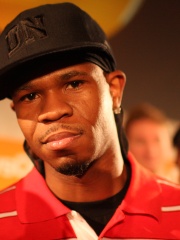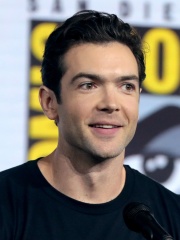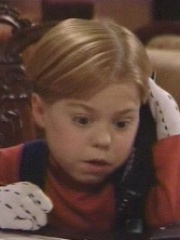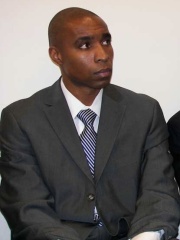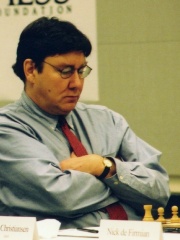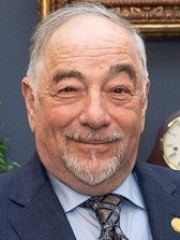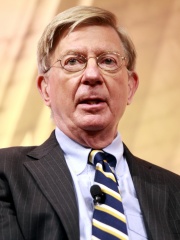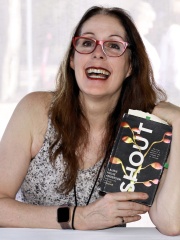Writer
Paul Beatty
1962 - today
EN.WIKIPEDIA PAGE VIEWS (PV)

 Paul Beatty
Paul Beatty
His biography is available in 22 different languages on Wikipedia. Paul Beatty is the 7,228th most popular writer (down from 7,021st in 2024), the 16,983rd most popular biography from United States (down from 15,838th in 2019) and the 1,152nd most popular American Writer.
Memorability Metrics
Page views of Paul Beatty by language
Among Writers
Among writers, Paul Beatty ranks 7,228 out of 7,302. Before him are Niviaq Korneliussen, Taras Prokhasko, Eliezer Yudkowsky, Lauren Kate, Katja Petrowskaja, and Scott Smith. After him are Patrick McCabe, Adriana Lisboa, Edward Lucas, Bethany Hamilton, Ursula Poznanski, and Beate Grimsrud.
Most Popular Writers in Wikipedia
Go to all RankingsNiviaq Korneliussen
1990 - Present
HPI: 43.46
Rank: 7,222
Taras Prokhasko
1968 - Present
HPI: 43.44
Rank: 7,223
Eliezer Yudkowsky
1979 - Present
HPI: 43.44
Rank: 7,224
Lauren Kate
1981 - Present
HPI: 43.43
Rank: 7,225
Katja Petrowskaja
1970 - Present
HPI: 43.41
Rank: 7,226
Scott Smith
1965 - Present
HPI: 43.41
Rank: 7,227
Paul Beatty
1962 - Present
HPI: 43.40
Rank: 7,228
Patrick McCabe
1955 - Present
HPI: 43.37
Rank: 7,229
Adriana Lisboa
1970 - Present
HPI: 43.36
Rank: 7,230
Edward Lucas
1962 - Present
HPI: 43.36
Rank: 7,231
Bethany Hamilton
1990 - Present
HPI: 43.36
Rank: 7,232
Ursula Poznanski
1968 - Present
HPI: 43.36
Rank: 7,233
Beate Grimsrud
1963 - 2020
HPI: 43.35
Rank: 7,234
Contemporaries
Among people born in 1962, Paul Beatty ranks 1,000. Before him are Alvin Drew, Ram Gopal Varma, Carlos Hoyos, Guillaume LeBlanc, Carolyn Hennesy, and Ray Houghton. After him are Russell Coutts, Miloš Rus, Christo van Rensburg, Edward Lucas, Otis Thorpe, and Gro Dahle.
Others Born in 1962
Go to all RankingsAlvin Drew
ASTRONAUT
1962 - Present
HPI: 43.54
Rank: 994
Ram Gopal Varma
FILM DIRECTOR
1962 - Present
HPI: 43.53
Rank: 995
Carlos Hoyos
SOCCER PLAYER
1962 - Present
HPI: 43.52
Rank: 996
Guillaume LeBlanc
ATHLETE
1962 - Present
HPI: 43.52
Rank: 997
Carolyn Hennesy
ACTOR
1962 - Present
HPI: 43.44
Rank: 998
Ray Houghton
SOCCER PLAYER
1962 - Present
HPI: 43.40
Rank: 999
Paul Beatty
WRITER
1962 - Present
HPI: 43.40
Rank: 1,000
Russell Coutts
ARCHITECT
1962 - Present
HPI: 43.39
Rank: 1,001
Miloš Rus
SOCCER PLAYER
1962 - Present
HPI: 43.39
Rank: 1,002
Christo van Rensburg
TENNIS PLAYER
1962 - Present
HPI: 43.37
Rank: 1,003
Edward Lucas
WRITER
1962 - Present
HPI: 43.36
Rank: 1,004
Otis Thorpe
BASKETBALL PLAYER
1962 - Present
HPI: 43.35
Rank: 1,005
Gro Dahle
WRITER
1962 - Present
HPI: 43.34
Rank: 1,006
In United States
Among people born in United States, Paul Beatty ranks 16,990 out of NaN. Before him are Scott Smith (1965), Jennifer Holland (1987), Chamillionaire (1979), Gina Ravera (1966), Tyson Beckford (1970), and Ethan Peck (1986). After him are Josh Ryan Evans (1982), Brendan Hines (1976), Venus Lux (1990), Steve Talley (1981), Eddie Pope (1973), and Loren Gray (2002).
Others born in United States
Go to all RankingsScott Smith
WRITER
1965 - Present
HPI: 43.41
Rank: 16,984
Jennifer Holland
ACTOR
1987 - Present
HPI: 43.40
Rank: 16,985
Chamillionaire
SINGER
1979 - Present
HPI: 43.40
Rank: 16,986
Gina Ravera
ACTOR
1966 - Present
HPI: 43.40
Rank: 16,987
Tyson Beckford
MODEL
1970 - Present
HPI: 43.40
Rank: 16,988
Ethan Peck
ACTOR
1986 - Present
HPI: 43.40
Rank: 16,989
Paul Beatty
WRITER
1962 - Present
HPI: 43.40
Rank: 16,990
Josh Ryan Evans
ACTOR
1982 - 2002
HPI: 43.40
Rank: 16,991
Brendan Hines
ACTOR
1976 - Present
HPI: 43.40
Rank: 16,992
Venus Lux
PORNOGRAPHIC ACTOR
1990 - Present
HPI: 43.40
Rank: 16,993
Steve Talley
ACTOR
1981 - Present
HPI: 43.39
Rank: 16,994
Eddie Pope
SOCCER PLAYER
1973 - Present
HPI: 43.39
Rank: 16,995
Loren Gray
SINGER
2002 - Present
HPI: 43.39
Rank: 16,996
Among Writers In United States
Among writers born in United States, Paul Beatty ranks 1,152. Before him are Larry Christiansen (1956), Michael Savage (1942), George Will (1941), Eliezer Yudkowsky (1979), Lauren Kate (1981), and Scott Smith (1965). After him are Bethany Hamilton (1990), Sylvia Day (1973), Diablo Cody (1978), Laurie Halse Anderson (1961), Rachel Caine (1962), and Tom Perrotta (1961).
Larry Christiansen
1956 - Present
HPI: 43.66
Rank: 1,146
Michael Savage
1942 - Present
HPI: 43.58
Rank: 1,147
George Will
1941 - Present
HPI: 43.50
Rank: 1,148
Eliezer Yudkowsky
1979 - Present
HPI: 43.44
Rank: 1,149
Lauren Kate
1981 - Present
HPI: 43.43
Rank: 1,150
Scott Smith
1965 - Present
HPI: 43.41
Rank: 1,151
Paul Beatty
1962 - Present
HPI: 43.40
Rank: 1,152
Bethany Hamilton
1990 - Present
HPI: 43.36
Rank: 1,153
Sylvia Day
1973 - Present
HPI: 43.35
Rank: 1,154
Diablo Cody
1978 - Present
HPI: 43.26
Rank: 1,155
Laurie Halse Anderson
1961 - Present
HPI: 43.23
Rank: 1,156
Rachel Caine
1962 - 2020
HPI: 43.18
Rank: 1,157
Tom Perrotta
1961 - Present
HPI: 43.15
Rank: 1,158
